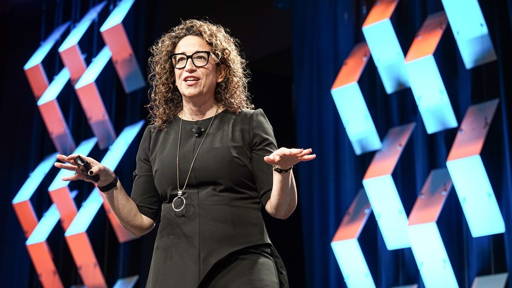Whilst Babyboomers are representing the aging population, Millennials are just now taking their first steps into adulthood. This means being more independent; including organizing their own healthcare. Millennials are, however, different from their predecessors. This generation uses technology whenever and wherever they please, and it’s no different when they’re searching for the right healthcare. Self-diagnosing and online consults as a result aren’t foreign to them. With this new mindset, Millennial present the healthcare industry with new challenges.
In summation, Millennials want healthcare to embrace technology. A reliable online presence is a must for this generation, especially when this means that they don’t have to check in at the doctor’s office. This online presence could also make the difference between them staying or going to another doctor. Technology could not only make healthcare more efficient, but also truly bridge the gap between Millennials and healthcare.
Notifications beat voicemails
The average Millennial is constantly connected, with technology literally at their fingertips. They prefer e-mail and text notifications from their physicians and generally don’t like voicemails. It should come as no surprise that they appreciate it when a primary care physician offers an app. Telehealth is an interesting option for them, especially when visiting a doctor simply doesn’t fit into their tight and busy schedule. Filling out their medical history and symptoms before visiting their GP, can make visits faster and easier.Convenience is a priority
Paying a visit to their GP is, for a large amount of Millennials, somewhat of a last resort. Research done by Zocdoc shows that 93 percent of Millennials does not schedule preventive doctor visits. 51 percent reports visiting a doctor less than once per year. Only when the symptoms can no longer be ignored, will they schedule an appointment.Google as a first consult
For a lot of Millennials, Google is the first doctor they ask for advice. A 2014 study by C Space showed 28 percent of Millennials saying that they would self-diagnose, before visiting a doctor. An even larger group, 36 percent, reported to self-treat their symptoms before going to a doctor. Millennials aren’t afraid to google their caregivers as well. A PNC Healthcare study showed furthermore that 43 percent of Millennials is prepared to switch to a better doctor, even if this doctor is out of their network.In summation, Millennials want healthcare to embrace technology. A reliable online presence is a must for this generation, especially when this means that they don’t have to check in at the doctor’s office. This online presence could also make the difference between them staying or going to another doctor. Technology could not only make healthcare more efficient, but also truly bridge the gap between Millennials and healthcare.








